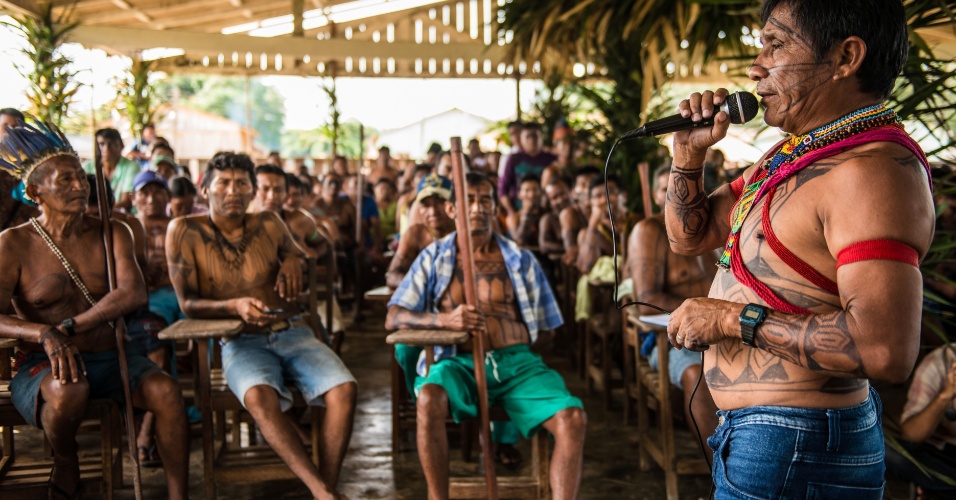
Two independent reviewers evaluated studies for risk of bias, according to the Preferred Reporting Items for Systematic Reviews and Meta-Analyses recommendations. Cardiovascular mortality was obtained from the Brazilian Health registry. Data for deforestation was obtained by the Amazon Deforestation Monitoring Project. Studies conducted in Indigenous Brazilian adults that evaluated metabolic health were included. In this systematic review and meta-analysis, we searched Pubmed, Embase, Web of Science, and Scopus for articles published in any language between the year 1950 and March 10, 2022. We aimed to conduct a systematic review and meta-analysis to evaluate the association between urbanisation (including data from Amazon rainforest deforestation) and cardiometabolic risk factors and outcomes. Indigenous Brazilian peoples have faced an unparalleled increase in the rate of cardiovascular diseases following rapid nutritional transition to more urban diets. It is necessary to consider changes in eating habits and lifestyle, as well as possible environmental and social changes that can affect this and other groups, with emphasis on those who live in vulnerable conditions. The risks associated with pre-diabetes and diabetes among the Munduruku indigenous people revealed a worrying index.

The variables associated with the risk for pre-diabetes were the following: age (OR = 1.03 95% CI = 1.00 – 1.06) and obesity (OR = 9.69 95% CI = 1.28 – 73.58). The associations were assessed by multinomial logistic regression, and p-values≤0.05 were considered significant.įor pre-diabetes, prevalence was 74.3% and, for diabetes, 12.2%.

Fasting capillary blood glucose was measured with a digital device. Sociodemographic and anthropometric variables, blood pressure levels and lipid profile were evaluated.

To evaluate the glycemic profile and its association with sociodemographic, anthropometric, clinical and lifestyle factors of Munduruku indigenous people.Ĭross-sectional study with a quantitative and analytical approach, a total of 459 indigenous people (57.1% men, aged 36.3 ± 14.7 years old) belonging to the Munduruku ethnic group from the Kwatá-Laranjal Indigenous Land, in Amazonas, Brazil, were selected by probabilistic sampling in all households in the four most populous villages.


 0 kommentar(er)
0 kommentar(er)
